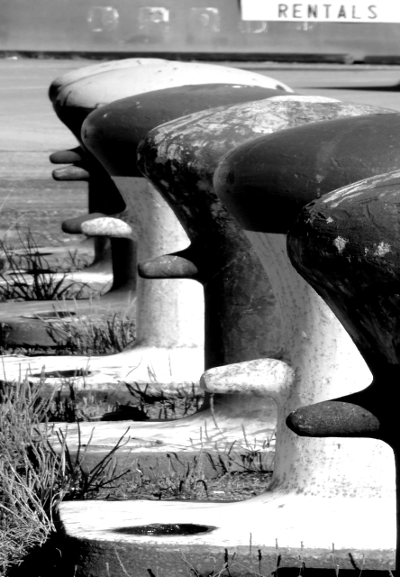Strike set in WA port fight
 Western Australian stevedores and port maintenance workers will strike, saying lengthy negotiations have yielded little progress.
Western Australian stevedores and port maintenance workers will strike, saying lengthy negotiations have yielded little progress.
After a year of negotiation, the Maritime Union of Australia (MUA) says there has been no resolution between employers and employees at the Esperance Port. It claims that Esperance Ports Sea and Land [EPSL], which operates the facility, has been ignoring the reasonable demands of its members.
The Port offered a 4 per cent pay increase every year for three years, backdated to January 1, but the Maritime Union of Australia (MUA) has been pushing for a 4 per cent wage increase as well as a 2 per cent income protection claim.
A secret ballot was held in recent days, during which 75 per cent of stevedores and 100 per cent of maintenance workers voted in favour of taking industrial action.
They will be able to start the protected action from July 19.
MUA organiser Jeff Cassar has told the ABC that union negotiators are facing a wall of silence from both temporary port CEO Brad Williamson and WA Transport Minister Dean Nalder.
Mr Nalder has previously sauid that Esperance Port’s offer was fair to workers, and he is “concerned” any industrial action would impact the port and compromise the WA economy.
Mr Williamson is reportedly on leave, taking a break just one week after being appointed to the CEO position.
Acting CEO Darren Kennedy has released a statement saying he was disappointed in the outcome of the vote.
Mr Kennedy remains hopeful that the Enterprise Bargaining Agreement stoush could be settled before strike action he believes would have a negative impact on employees, their families, port customers and the iron ore industry.
MUA’s Jeff Cassar says something has to give.
“We will have a meeting with the workforce before we decide what sort of action will be taken,” he said.
“But we'll remain hopeful right up until we take action that the port or the State Government or whoever it is that's pulling the strings for EPSL will meet with us.”
“It's not so much whether we'll take protected action because the fact that the vote got up in the first place is pretty much an indication that we will be taking protected action, unless of course something pops up between now and the 19th,” he said.
“But it's more a question of when we take the action and what sort of action we take because there's a wide variety of options available to us, things like eight hours stoppages and 24-hour stoppages.”








 Print
Print